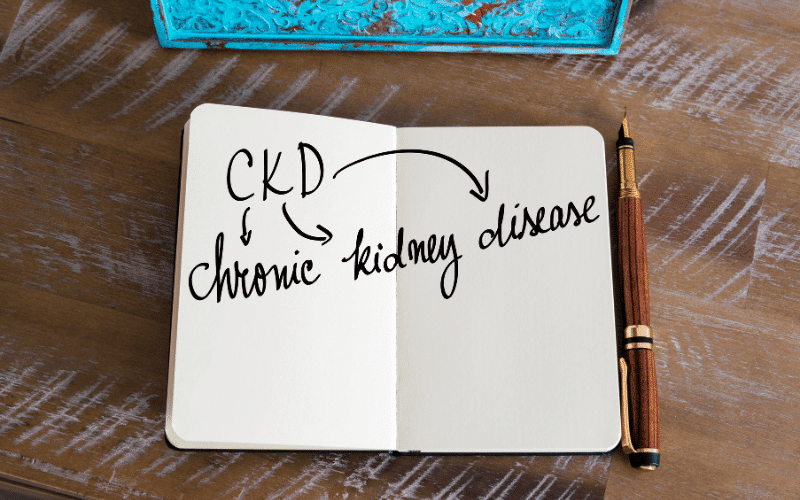Cause 8: Chronic Kidney Disease

Chronic kidney disease (CKD) can contribute to iron deficiency by affecting the production of erythropoietin, a hormone that stimulates the production of red blood cells. When the kidneys are damaged, they may not produce enough erythropoietin, leading to a decrease in red blood cell production and subsequent iron deficiency.
Individuals with CKD may require erythropoietin-stimulating medications or iron supplements to manage their iron levels. Monitoring and managing CKD is crucial to prevent complications, including iron deficiency.
Individuals with chronic kidney disease may also experience complications related to iron deficiency due to the decreased production of red blood cells, as well as increased blood loss through hemodialysis. Hemodialysis, a treatment for kidney failure, can remove not only waste and excess fluids from the blood but also some essential nutrients, including iron.
Proper management of chronic kidney disease involves working closely with a healthcare provider and a dietitian to maintain a balanced diet, monitor nutrient levels, and adjust treatment as needed. It’s essential to consume iron-rich foods and, in some cases, take iron supplements to prevent deficiency.
In addition to erythropoietin-stimulating medications, intravenous (IV) iron therapy may be recommended for individuals with chronic kidney disease who are not responding to oral iron supplementation. IV iron therapy bypasses the digestive system, providing a direct source of iron that can be more readily utilized by the body. (8)